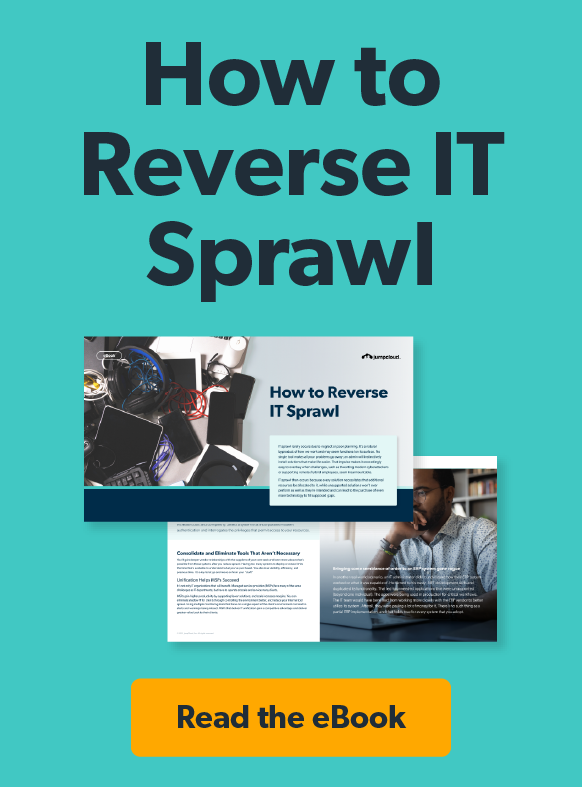With automated user provisioning, IT admins can streamline their operations and reap the rewards of a scalable and secure process. This type of automation is best achieved either through a comprehensive Active Directory® (AD) identity bridge or through a vendor-neutral cloud directory service. The tool you choose should be able to extend identities to the three major OSes, cloud servers, apps through SAML and LDAP, RADIUS networks, and more. Here, we’ll explore five key benefits of an automation strategy.
Automated Provisioning Benefits
1. Improve Accuracy
Automated user provisioning reduces manual data entry, thereby reducing the chance that human error is introduced in populating a user’s name and attributes across their IT resources. User attributes describe a user’s identity — including their name, email, and department. In the case of SaaS applications in particular, an automation strategy ensures attributes are mapped correctly from the identity provider, regardless of individual app requirements or syntax. Different apps require different combinations of attributes, and they might each name them differently. Automating account creation ensures the correct attributes move from the directory to the apps every time.
2. Reduce Onboarding Costs
Onboarding new users, particularly in scaling or merging organizations, can be time consuming and expensive. If a merger needs to happen in a short time frame or a new office needs to come online over the weekend, it might not even be possible to provision new users to all their necessary resources in a timely manner by hand.
Automation reduces the costs of manual onboarding — which requires precious man hours and potential overtime — and it ensures admins can instead dedicate their time to more pressing technical tasks that require their expertise, like cloud transformation or working on other projects. Organizations can further automate the process (and continue to reduce costs) by automating onboarding between HR and IT departments. Then, HR enters a new hire into the human capital management system and that digital identity automatically flows into the central directory and then on to the user’s permitted IT resources, and IT doesn’t have to do as much, or any, manual data entry.
3. Increase Visibility in Environment
With an automation strategy in place, admins have a clear picture of who has access to what. They don’t leave resource access up to chance or entrust access control to managers across the organization. They also decrease the chance of shadow IT because users should already have access to all the resources they need to get their jobs done from the day they’re provisioned.
4. Achieve Compliance Requirements
Automated provisioning is one component in a broader compliance strategy, too. Various regulatory compliance schema dictate stringent provisioning and deprovisioning requirements, such as assigning each user a unique ID or revoking access immediately for a terminated user.
Admins who design an automated strategy ensure compliance with stipulations like these every time. They can also automate security configurations like enforcing full disk encryption and requiring multi-factor authentication from the jump.
5. Improve User Onboarding Experience
Automated provisioning isn’t only a boon for admins and their backend administration of resources: It also improves the onboarding experience for users themselves. Seamless onboarding, which includes appropriate access to resources, helps organizations retain and reduce turnover of new hires.
If a user sets foot in the office on their first day and already has their system (Mac®, Windows®, Linux®) pre-configured and ready to use, as well as access to the office WiFi, printers, necessary apps, and servers, they’ll have a superior experience to those who take days or weeks to get the access they need.
Now that you’ve read about its benefits, read about how you can use JumpCloud to put automated user provisioning into place.




